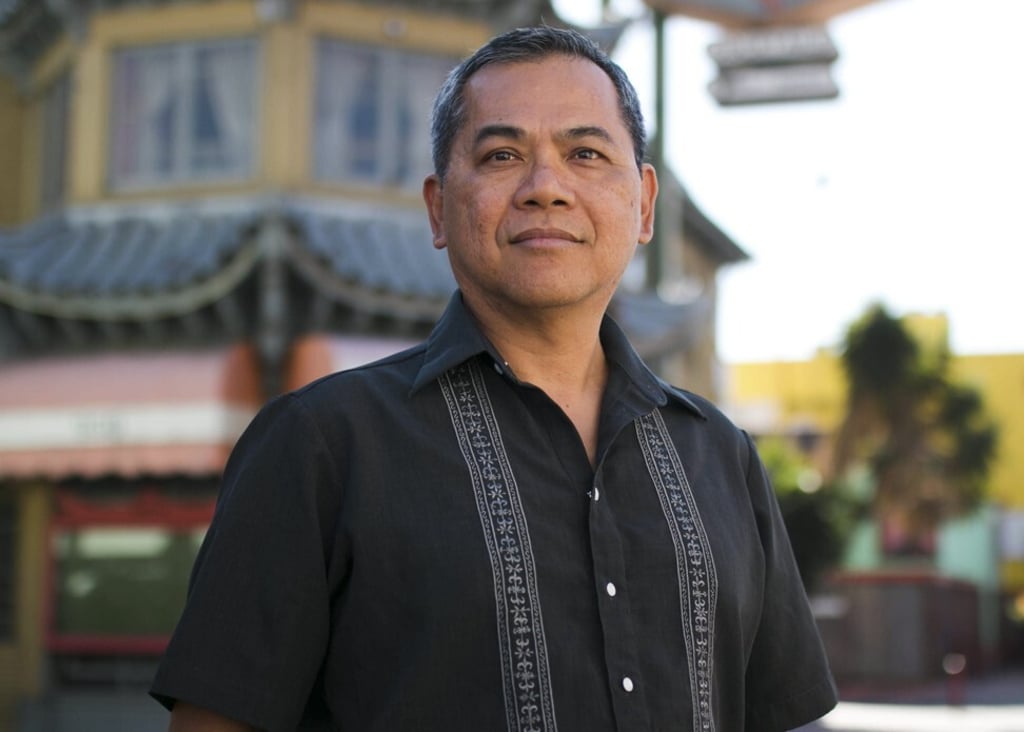As a baby she was one of 3,628 Vietnamese refugees rescued at sea; 45 years on, she meets air force sergeant who saved her
- The refugees were saved from a ship adrift in the South China Sea in 1975; the daring mission is documented in filmmaker Duc Nguyen’s new project
- A sick baby needed an urgent air pickup; now a successful fashion designer, she recently spoke with one of the rescue crew for the first time

At 7.18am on May 2, 1975, Captain Anton Martin Olsen of the Clara Maersk received a distress signal from a Vietnamese merchant vessel adrift in the South China Sea:
“From Master Truongxuan/XVLX have about 3,000 refugees from Saigon on-board they are hungry and thirsty stop engine broken down and leaking stop our position estimated 8.35 north 107 east at 21.00 GMT request assistance immediately Master.”
Minutes after receiving the alert, Olsen changed the Danish cargo ship’s course, and by midday began what was to become the largest ocean rescue of Vietnamese refugees at the time.
That daring mission is the focus of the first instalment of a new multimedia project by Emmy Award-winning American-Vietnamese documentary maker Duc Nguyen, which premiered on April 30 on the patronage website and content streaming platform Patreon.

The Truong Xuan, captained by Pham Ngoc Luy, had fled Vietnam two days earlier with 3,628 refugees on board, just in time to avoid being captured by North Vietnamese forces during the “Fall of Saigon”.
After transferring the passengers from the Truong Xuan, Olsen piloted the Clara Maersk onwards to Hong Kong. Two days later, the captain radioed for an urgent air pick up of four of the refugees: a sickly newborn, her two-year-old brother and mother, and a woman with a ruptured appendix. The call was answered and several members of the British Royal Air Force (RAF) came to the rescue in two Westland Wessex helicopters.